Commune-level authorities are still "confused" in performing their duties.
Discussing in groups, the National Assembly deputies highly appreciated the results of the Government's socio -economic direction and management in 2025 and the entire 2020-2025 period with many outstanding results. In particular, economic targets met and exceeded the plan, the macro-economy was stable, and growth was expected to reach 8% or more. This is a concrete demonstration of the efforts of the entire Party and people in performing the task of socio-economic development and improving the quality of people's lives.
However, delegates expressed concerns about the operation of the two-level local government apparatus, which still faces many difficulties and problems that need to be resolved soon.
According to National Assembly member Hoang Thi Thanh Thuy ( Tay Ninh ), the quality of public human resources is one of the issues that need attention after streamlining and reorganizing the apparatus. In fact, the number of officials and civil servants retiring under Decree 178 and other regimes is very large, including officials and civil servants who are at the peak of their professional qualifications, working capacity and have a lot of experience. Therefore, this wave of resignations will directly affect the quality of public human resources today.
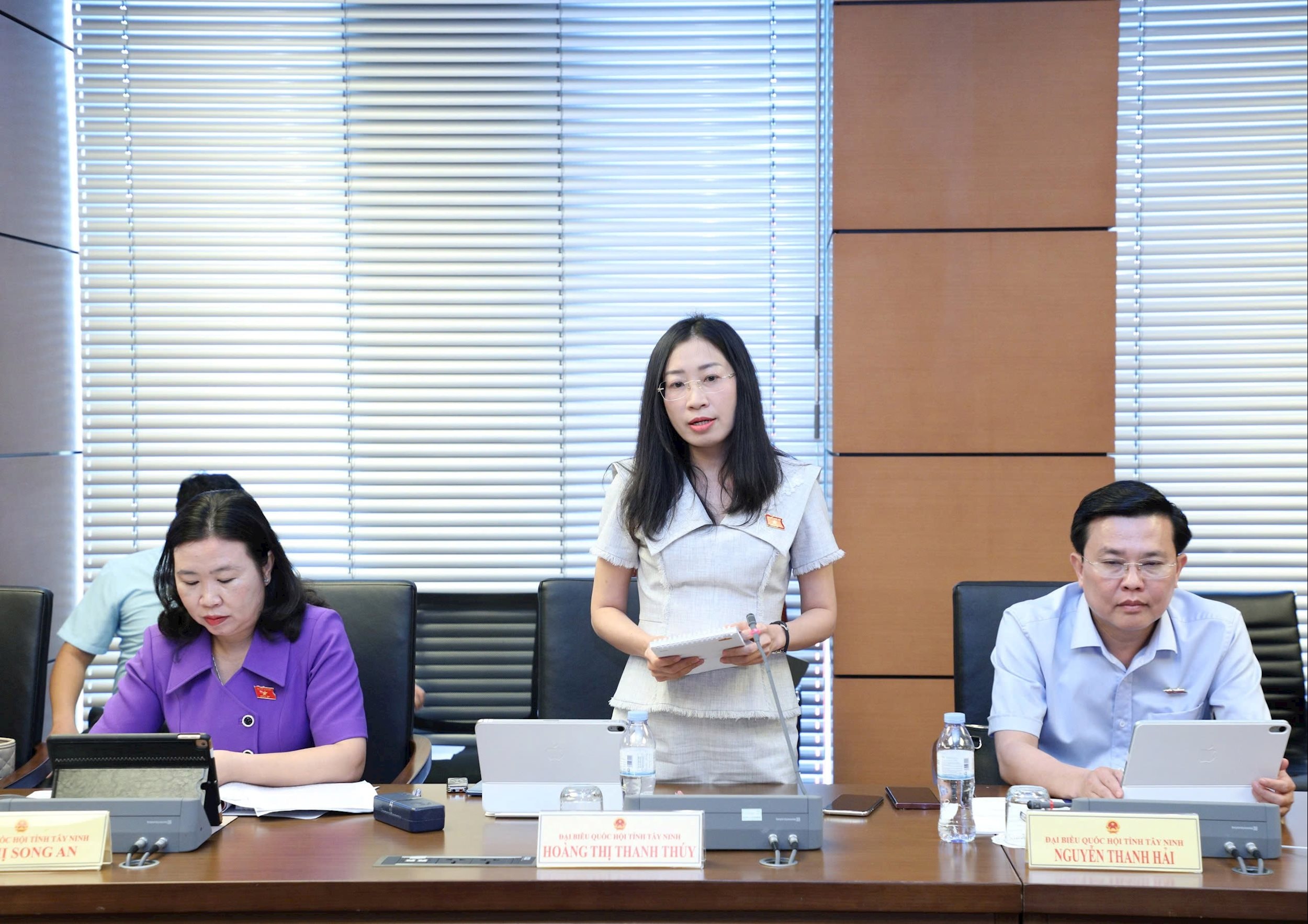
According to delegate Thuy, currently the commune level is decentralized and delegated to handle many tasks, while the total number of staff assigned to communes and wards is 32, the government alone has 2 departments with a very large workload but very few staff, almost lacking in many. Not to mention, some new and young cadres lack experience so it is very difficult to undertake tasks, causing the commune level to be confused with many tasks.
"I think the Government needs to urgently issue a project on job positions for the commune level; increase salaries for grassroots officials; re-evaluate the quality of public human resources to change the human resources strategy to ensure the two-level government apparatus achieves the highest efficiency" - delegate Thuy suggested.
Agreeing with the above proposal, National Assembly Deputy Mai Van Hai (Thanh Hoa) affirmed that recently, the Politburo and the Government have continuously met, directed the review and handling of difficulties and problems in the operation of the two-level local government apparatus, but there are still problems that have not been completely resolved.
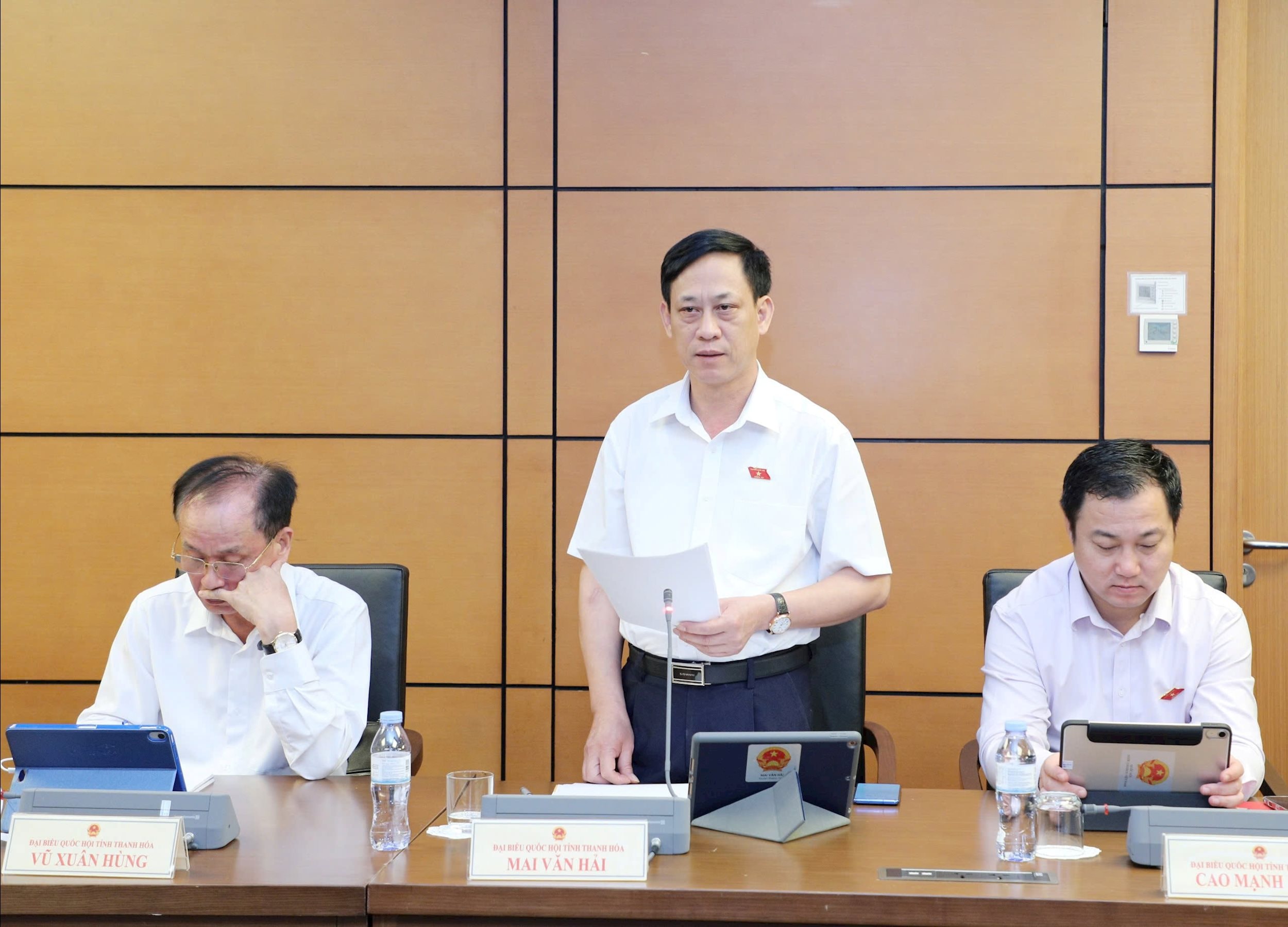
Typically, some commune-level cadres have not met the requirements of their tasks; the communal and central databases are not synchronized; the arrangement and layout of offices are not really suitable, have not fully utilized their functions and caused many inconveniences for the travel of cadres and people.
Delegate Mai Van Hai also suggested: "It is necessary to urgently determine job positions for commune-level officials to facilitate the work of evaluating officials, recruiting, changing, and arranging officials in current positions that do not meet task requirements."
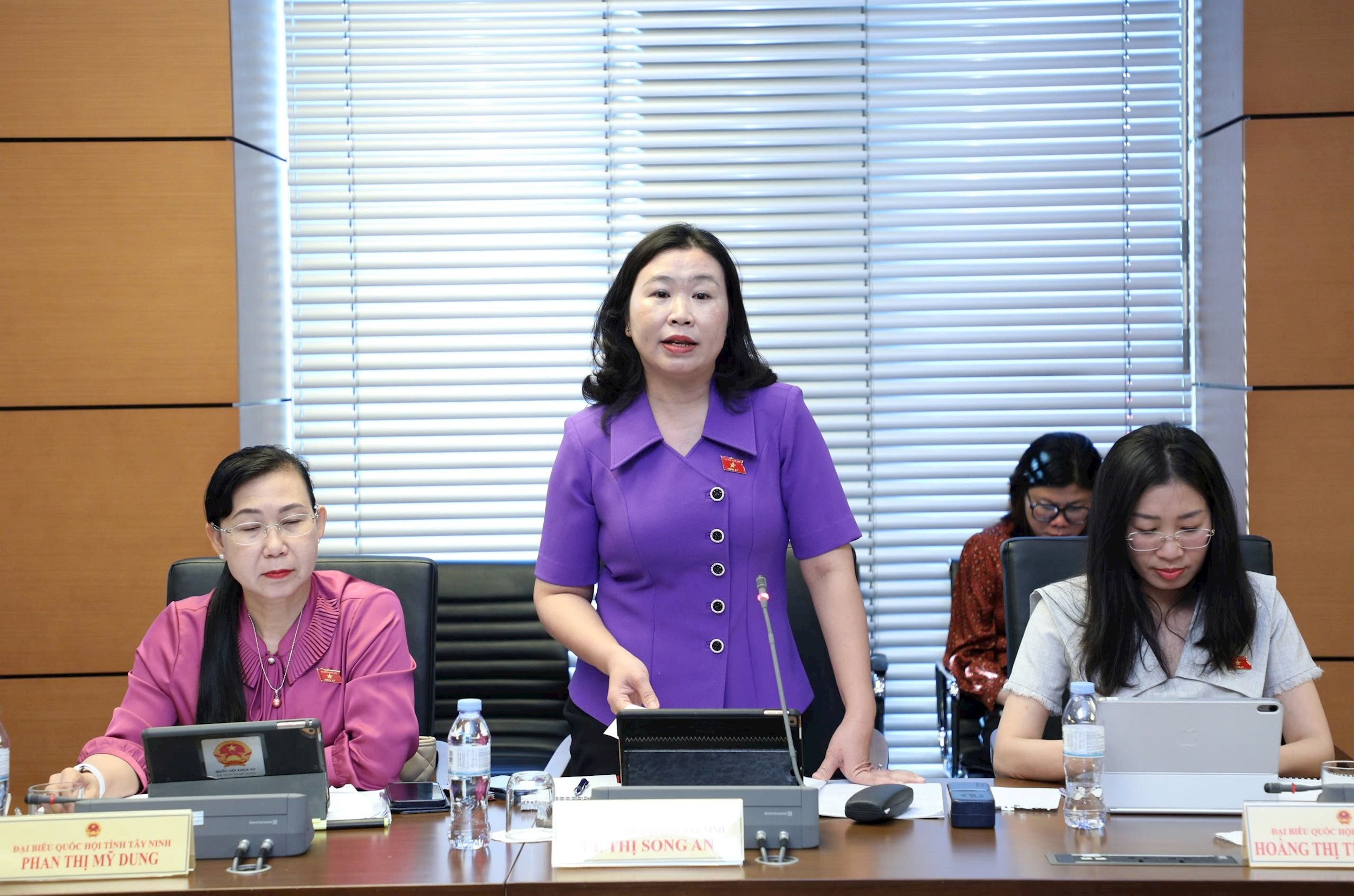
From local practice, National Assembly member Le Thi Song An (Tay Ninh) emphasized: the common situation after the merger is that the headquarters are degraded, lack of office space, and some places have to rent houses to serve as headquarters. In particular, for newly established communes that are not in the center of the old district, the physical facilities are even more difficult, especially in mountainous areas, remote areas. Therefore, delegate Song An suggested that it is necessary to pay attention to investing appropriately and synchronously to ensure the operation of commune-level authorities.
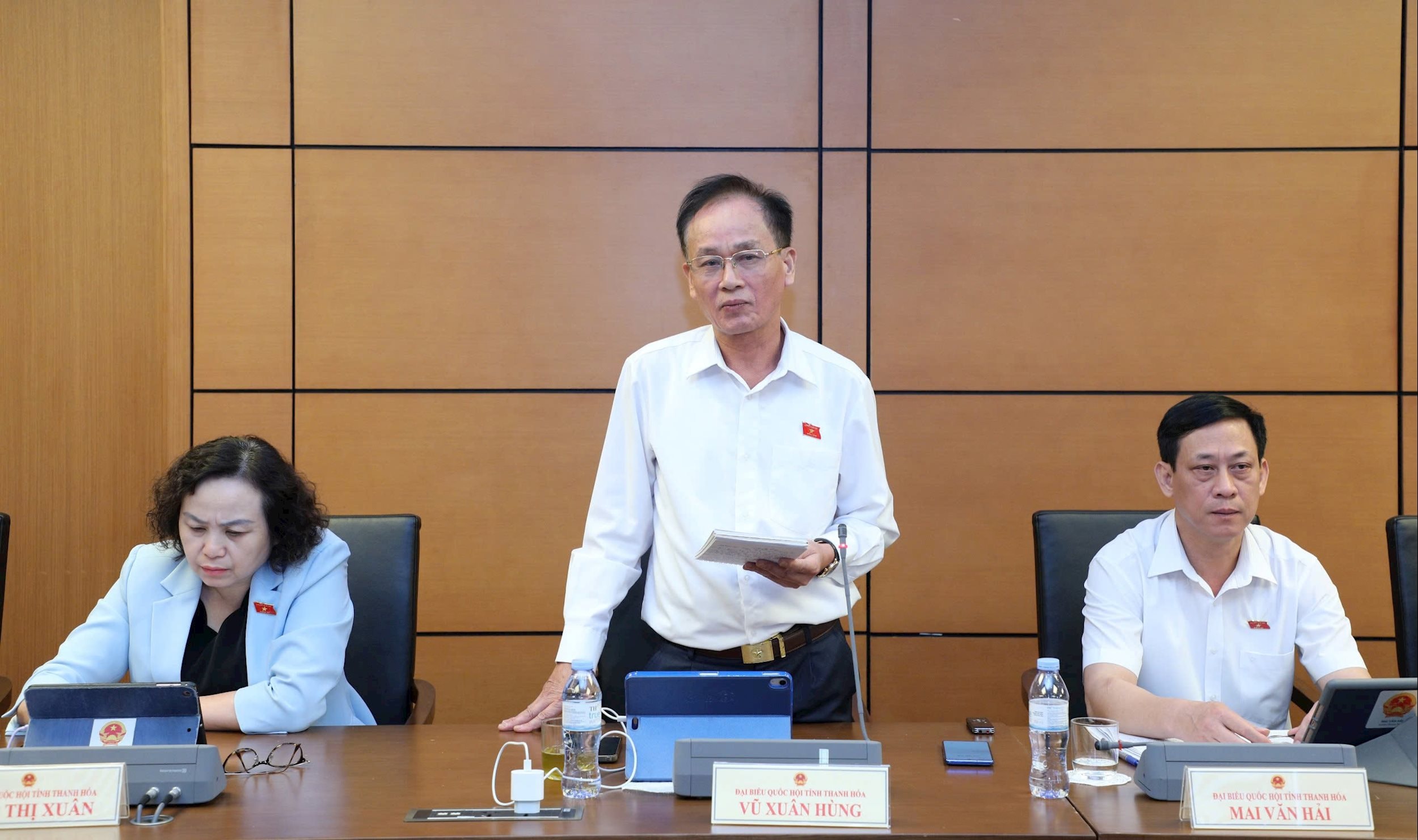
Participating in giving comments on this content, National Assembly Deputy Vu Xuan Hung (Thanh Hoa) suggested that the Government should soon complete the decentralization of power, issue a unified legal framework on the two-level local government model, especially commune-level and special economic zone governments; increase the initiative in budget and personnel and have a strict, transparent and clear inspection and supervision mechanism.
In addition, digital transformation is carried out, digital governance capacity is enhanced, data is linked between the central and local levels; at the same time, local management capacity is improved, especially public debt management, to be compatible with two-level local government.
Improving the quality of law making
During the group discussion, the National Assembly deputies also discussed and evaluated the current work of law making and enforcement. According to the deputies, in the past term, the Government submitted to the National Assembly for consideration and promulgation many important draft laws and resolutions. This shows that the Government is highly focused on improving the quality of law making and enforcement, contributing to perfecting the legal system and promoting the country's socio-economic development.

However, delegates said that it is necessary to frankly re-evaluate the quality of law-making work, because there are currently draft laws that have been passed but have a very short "lifespan" and often need to be amended and supplemented. National Assembly Deputy Mai Van Hai (Thanh Hoa) said that it is necessary to continue to innovate thinking in legislative work; at the same time, improve the quality of law-making work to ensure a stable investment and business environment, meeting the requirements of socio-economic development in the new period.
According to delegates, Resolution 66-NQ/TW of the Politburo on innovation in law-making and enforcement is not only a strategic breakthrough in law-making and enforcement, but also an affirmation of national reform efforts, meeting the country's development requirements in the new era. This is a mechanism that is of particular interest to localities, however, at this time there are still no guidelines for implementing the resolution.
Regarding this issue, National Assembly Deputy Phan Thi My Dung (Tay Ninh) said that the implementation of some laws and resolutions in localities is still facing many difficulties and confusion due to the slow or incomplete issuance of detailed guidance documents. In addition, the current policy is to build in the direction of framework laws and strongly delegate authority to the Government and local ministries and branches to issue guidance documents. However, the reality is that ministries and branches issue inconsistent, inconsistent and overlapping guidance, leading to difficulties in implementing legal policies at the local level.
.jpg)
Delegate Dung suggested that the Government should conduct a general review to assess the legal value of sub-law documents on the implementation of two-level government and socio-economic management so that localities have a basis to effectively implement the Central Government's instructions and regulations.

In addition to issues on the operation of two-level local governments, the development and implementation of legal policies, during the group discussion, National Assembly deputies from Thanh Hoa and Tay Ninh provinces also paid attention to the complicated real estate and bond markets, and the limited control that affects the economy and production and business activities.
In addition, the quality of economic growth is not really sustainable due to dependence on processing, imported raw materials and lack of localization. Accordingly, delegates said that the Government needs to set goals to improve the autonomy and competitiveness of the economy to ensure sustainable development.
Source: https://daibieunhandan.vn/khan-truong-ban-hanh-de-an-vi-tri-viec-lam-cho-cong-chuc-cap-xa-10391213.html








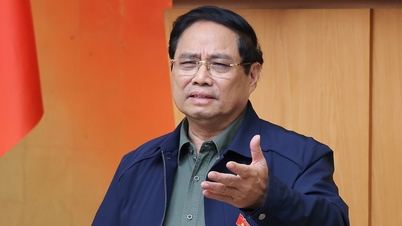

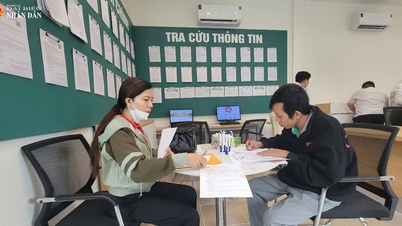





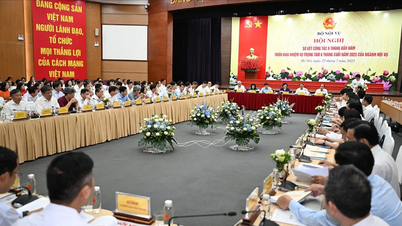
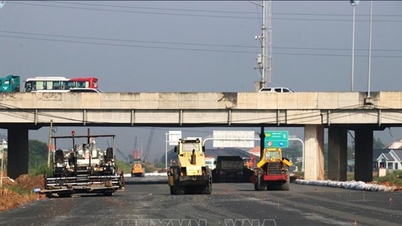


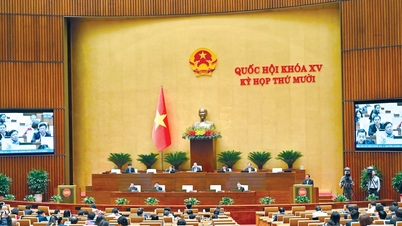
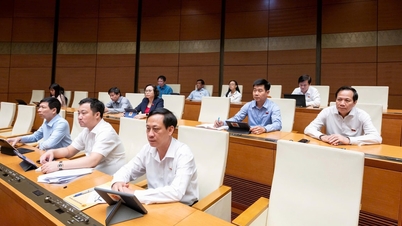








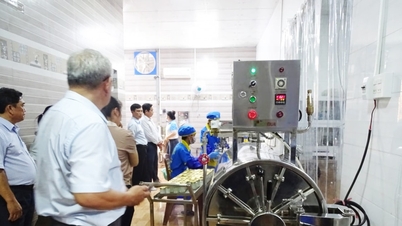


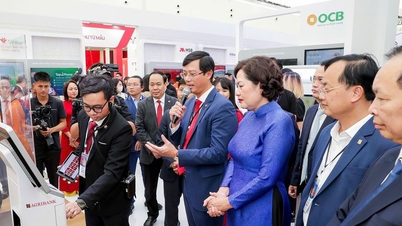

















































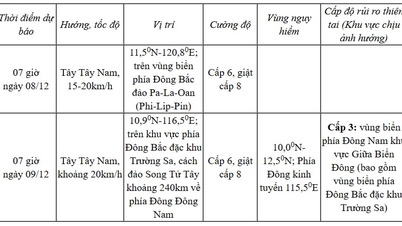



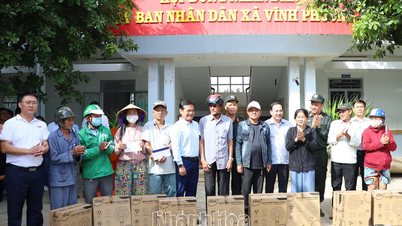


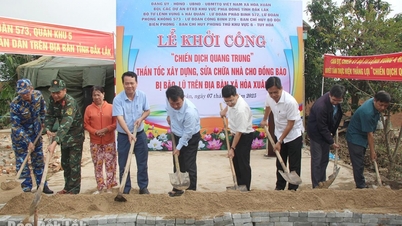














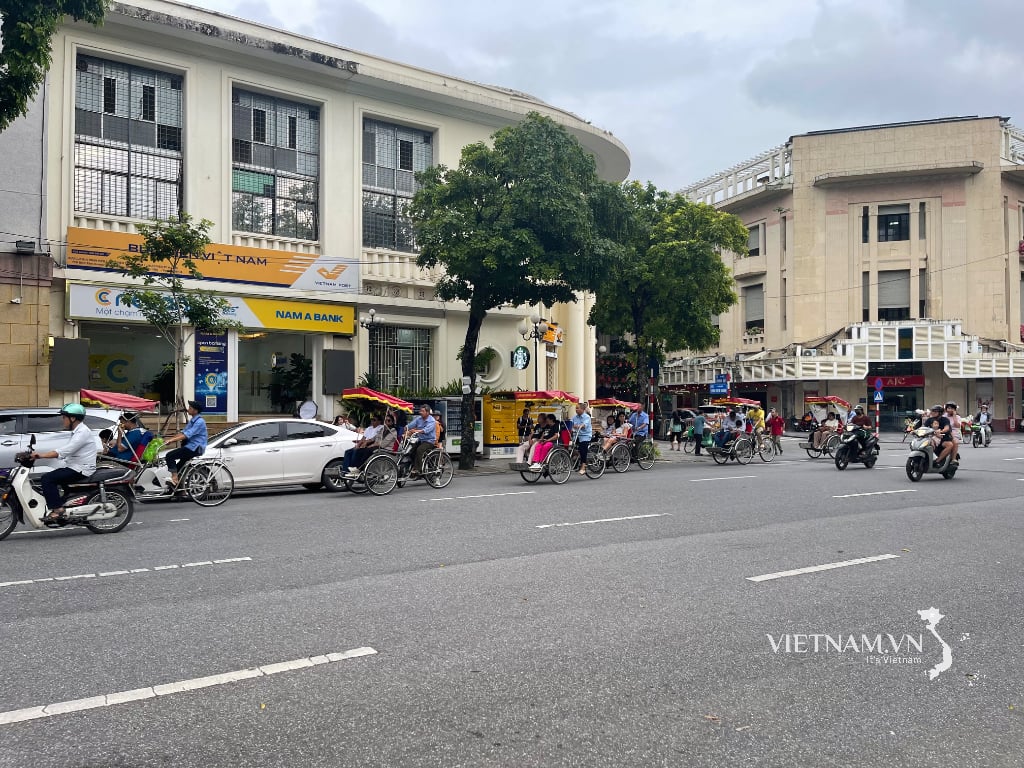





Comment (0)